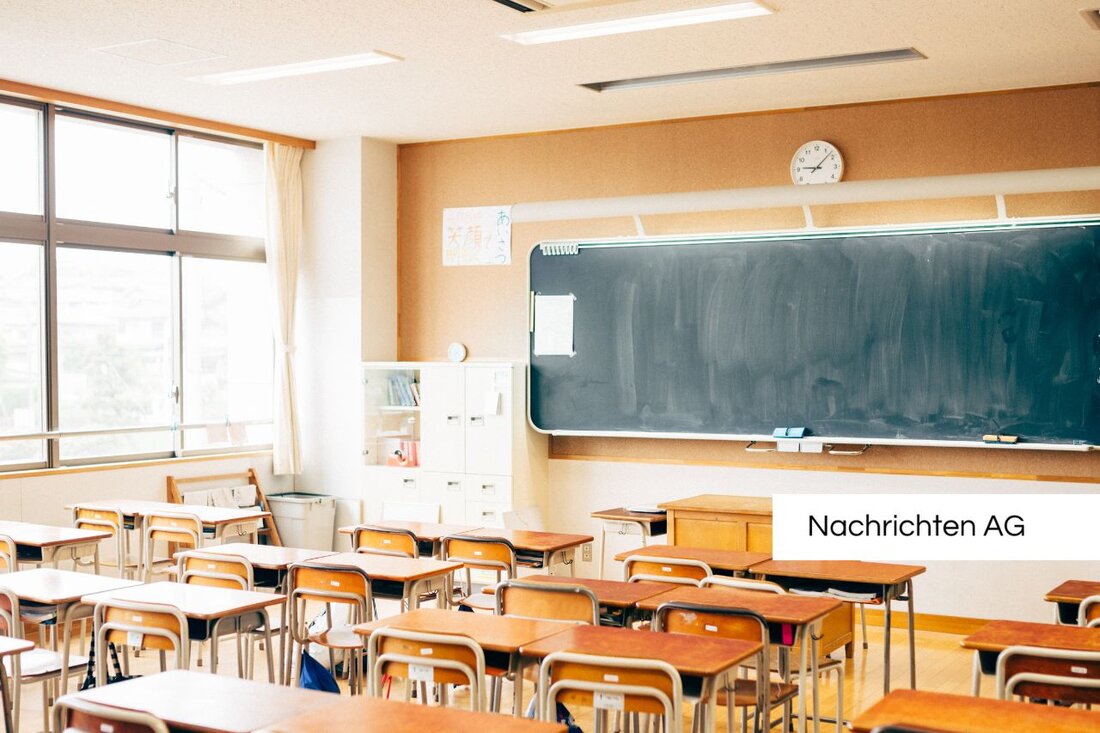Education in the crisis: Court of Auditors criticizes late reaction to a lack of teachers!
Education in the crisis: Court of Auditors criticizes late reaction to a lack of teachers!
Vienna, Österreich - The lack of teachers in Germany remains an urgent problem that has been unsolved for years. The Court of Auditors (RH) sharply criticized the Ministry of Education in a current report, since it predicts bottlenecks in the teaching valley area in 2009, but did not take any extensive measures. Instead, additional services, non -specialist lessons and special contracts were used to close the gaps. The increase in additional services, which increased by 20 percent compared to 2018/19 in the school year 2023/24, is particularly striking. According to the RH, 6,900 teaching positions advertised in the coming school year are only 5,600 graduates of teaching studies.
In addition, the report shows that 267 vacancies received no applications in 2023/24 and that many teachers are not qualified in specialist lessons. This applies in particular to Upper Austria, where up to 35 percent of the teachers teach. The proportion of teachers with special contracts also rose to 9 percent, with many of them only having courses over a year. The reform of teacher training from 2013 may have contributed to tightening this situation.
Missing forecasts and inadequate measures
The RH rates the ministry forecast as defective. While forecasts for the distribution of teaching subjects only exist for federal schools, there are no exact figures for the number of future teaching graduates. In order to combat the lack of teachers in the long term, the Court of Auditors calls on binding strategies to reduce the part -time quota, which was almost 40 percent in 2023/24, especially among the female teachers.
The educational community not only sees a problem in the part -time quota. A current VBE survey showed that the teaching agents were not fully staffed at every second school. On average, 11 percent of the teachers were missing, with more than 15 percent of the teachers missing in over 3,500 schools. Elementary schools and special schools are particularly affected because 66 percent of the institutions surveyed employ people without a teaching qualification.
political reactions and reforms
In order to react to the ongoing lack of teachers, the Conference of Ministers (KMK) has decided to make it easier for teachers to start their career. In the future, studying a teaching subject should be sufficient, which could increase the number of potential teachers. In addition, additional training channels such as dual teaching courses and transverse entry master courses are planned to win teaching staff at short notice. These measures should not only increase the number of teachers, but also meet the requirements for inclusion and all -day care.
In view of the demographic changes in Germany, in which the "baby boomer generation" leaves professional life, the need for teachers is expected to increase. Over 36 percent of teachers are older than 50 years, and almost 10 percent are 60 years or older. The challenges are also exacerbated by an increase in the number of students by immigration and higher demands on the staff. The Education Council has published a manifesto that contains nine demands on politics to counteract these developments.
After all, a recent survey shows that the number of new students in the teacher degree in 2023 increased by 2.4 percent, although this is a decrease of 2.1 percent compared to the figures ten years ago. The proportion of teachers under 35-year-olds in general education schools is currently 21.1 percent. The pressure on politics is growing in order to find more robust solutions to combat the teacher lack and to secure the quality of the lesson.
In summary, it should be noted that the shortage of teachers continues to be a complex and challenging situation. Despite various initiatives and reforms, extensive measures are necessary to gain and maintain the urgently needed teaching staff. The Court of Auditors and educational organizations emphasize the need for promptly and efficient strategies to ensure the quality of education in Germany in the long term.| Details | |
|---|---|
| Ort | Vienna, Österreich |
| Quellen | |


Kommentare (0)